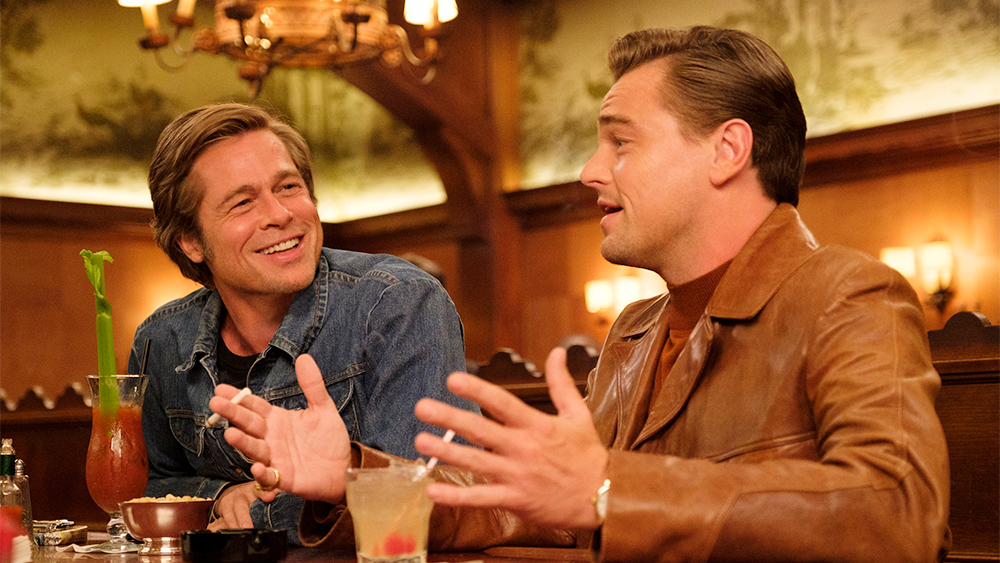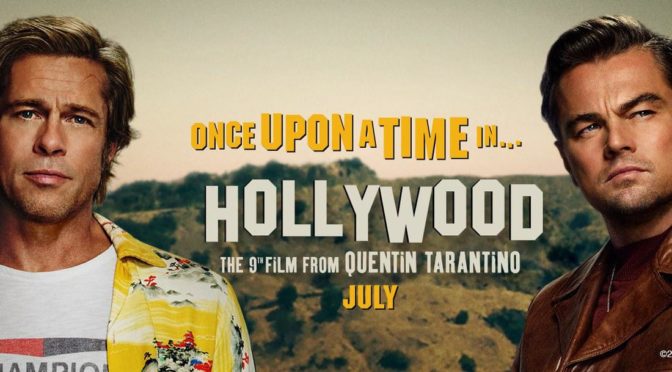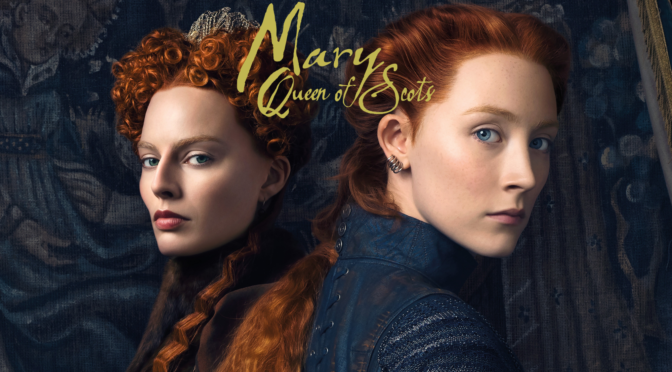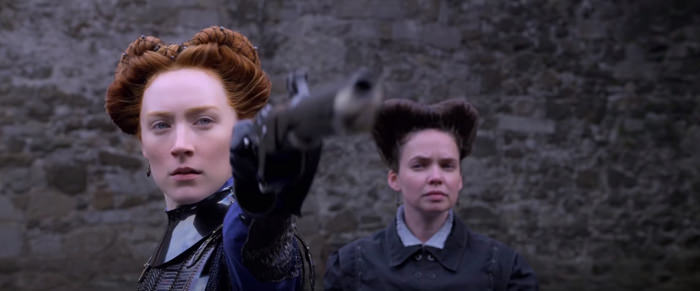Quentin Tarantino loves movies and with Once Upon a Time in Hollywood he has created a love letter to one of his favorite periods of the entertainment industry. Rick (Leonardo DiCaprio; The Departed) is a former star of a TV western show, now only making small appearances as the villain in other programs. He, with the help of his longtime stuntman and personal assistant Cliff (Brad Pitt; The Tree of Life), make their way around town as they try to restart their careers. Parallel to this is Sharon Tate (Margot Robbie; The Wolf of Wall Street) who is a rising star enjoying her life.
There are few films with as deep a cast as this. It’s filled with cameos from Al Pacino, Bruce Dern, and many other legendary actors, but it’s DiCaprio and Pitt that steal the show. As leading men, they are as charismatic as ever, but, despite their still unfairly good looks, they show their age. Both actors have prominent wrinkles and bodies that appear weathered by time. Rick and Cliff are actors past their prime and DiCaprio and Pitt beautifully convey their reluctant aging and their diminishing role in the changing world of show business.

Unlike Tarantino’s previous work, there really isn’t a plot and that’s not a criticism. The film follows DiCaprio and Pitt as they go about their daily lives. Rick meets with agents and acts on set while Cliff runs errands. A significant amount of the screen time is them driving around while Tarantino gives us a tour of his vision of LA in the late 60s. It’s not period perfect, but it is accurate to his memory. Even without any connection to the location or time, the setting still evokes nostalgia for an era long gone. Sharon’s portions of the film are similarly domestic. We see her go to a screening of a movie she stars in and spend time with her friends in a completely normal, unglamorous way. This is the most humanizing Tarantino has every been and it’s a welcome change that shows the director’s maturation. Rick and Cliff are fading stars whose mistakes are endearing as they become lovable goofs while Sharon’s good-natured, unpretentious spirit is incredibly likable. Tarantino’s characters are still unique to his trademark style, but he has the confidence to let the audience spend time with them for no other reason than his own affection towards them.
The one flash of Tarantino’s genre fetishes comes at the finale. The ending is a sudden leap from what had been fairly tame, but it provides a jolt of adrenaline to the warm comfort developed by most of the film. What happens onscreen may be considered excessive, but it is also gratifying and cathartic. It plays with audience expectations and closes the film with a reminder of Tarantino’s full range of talent as it balances the brutal, farcical, and hilarious. Once Upon a Time in Hollywood may not have grand genre-defining ambitions like Pulp Fiction, but its rich characters and world are a joy to spend an afternoon with.

4/5 stars.


